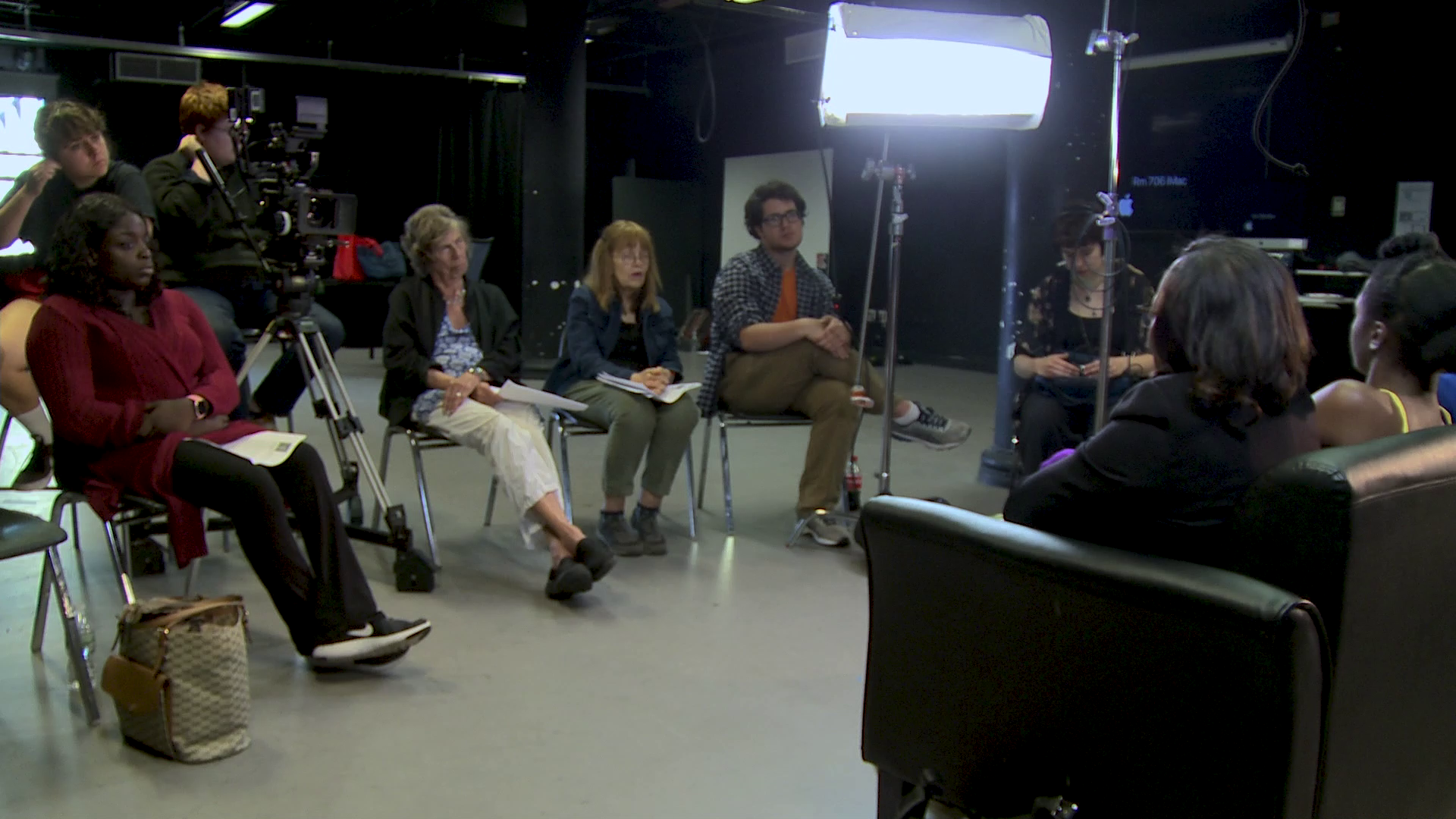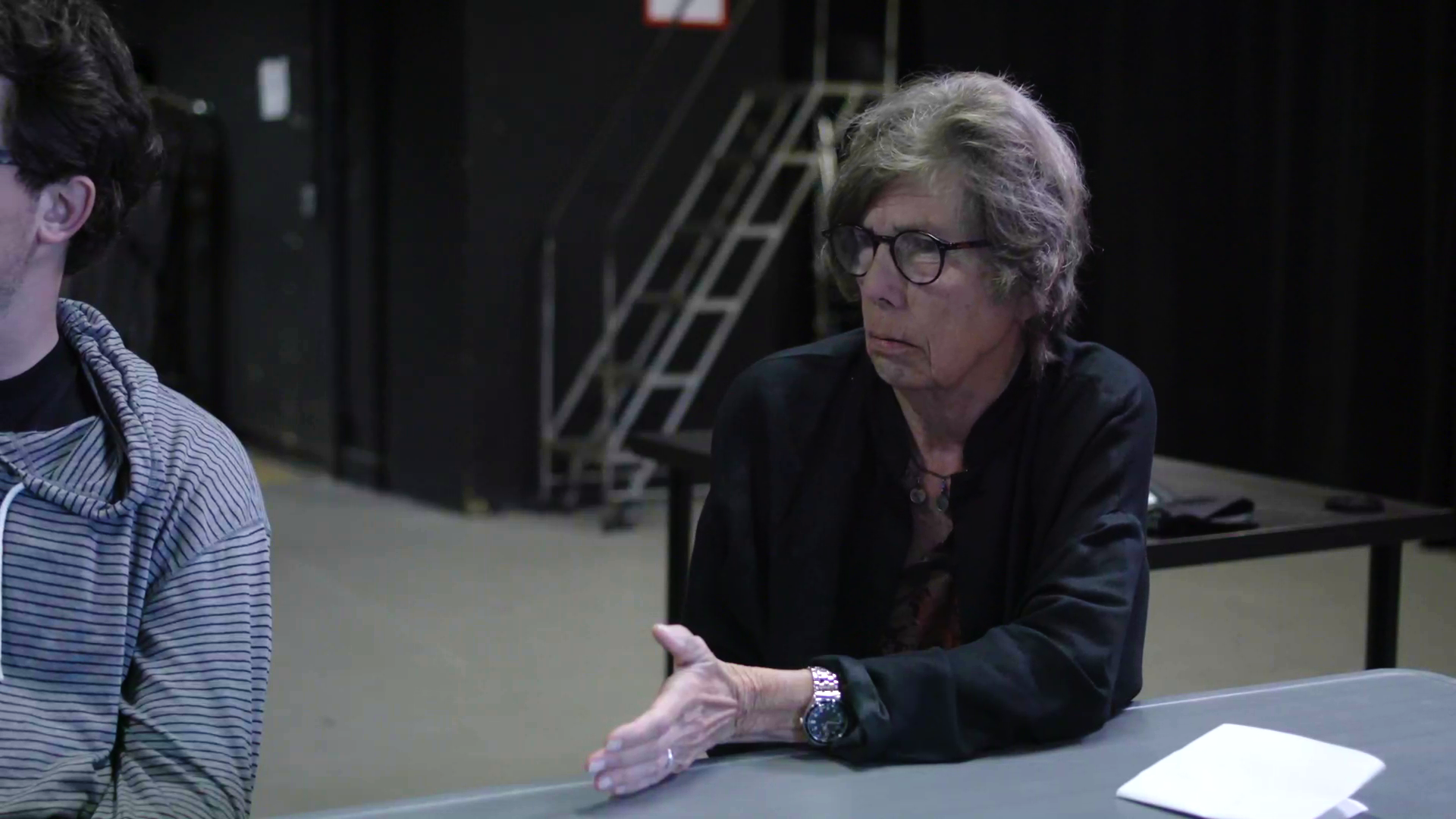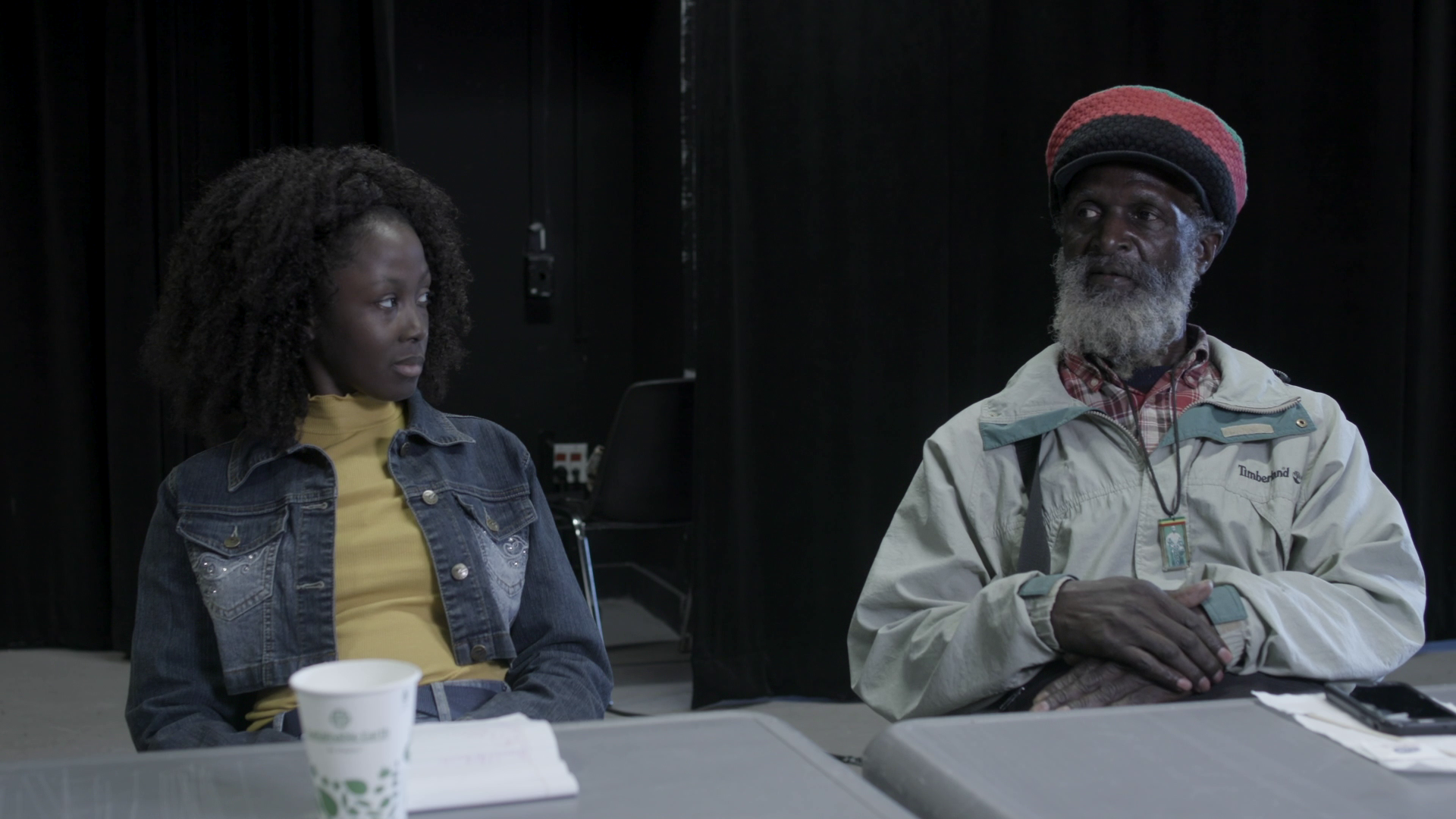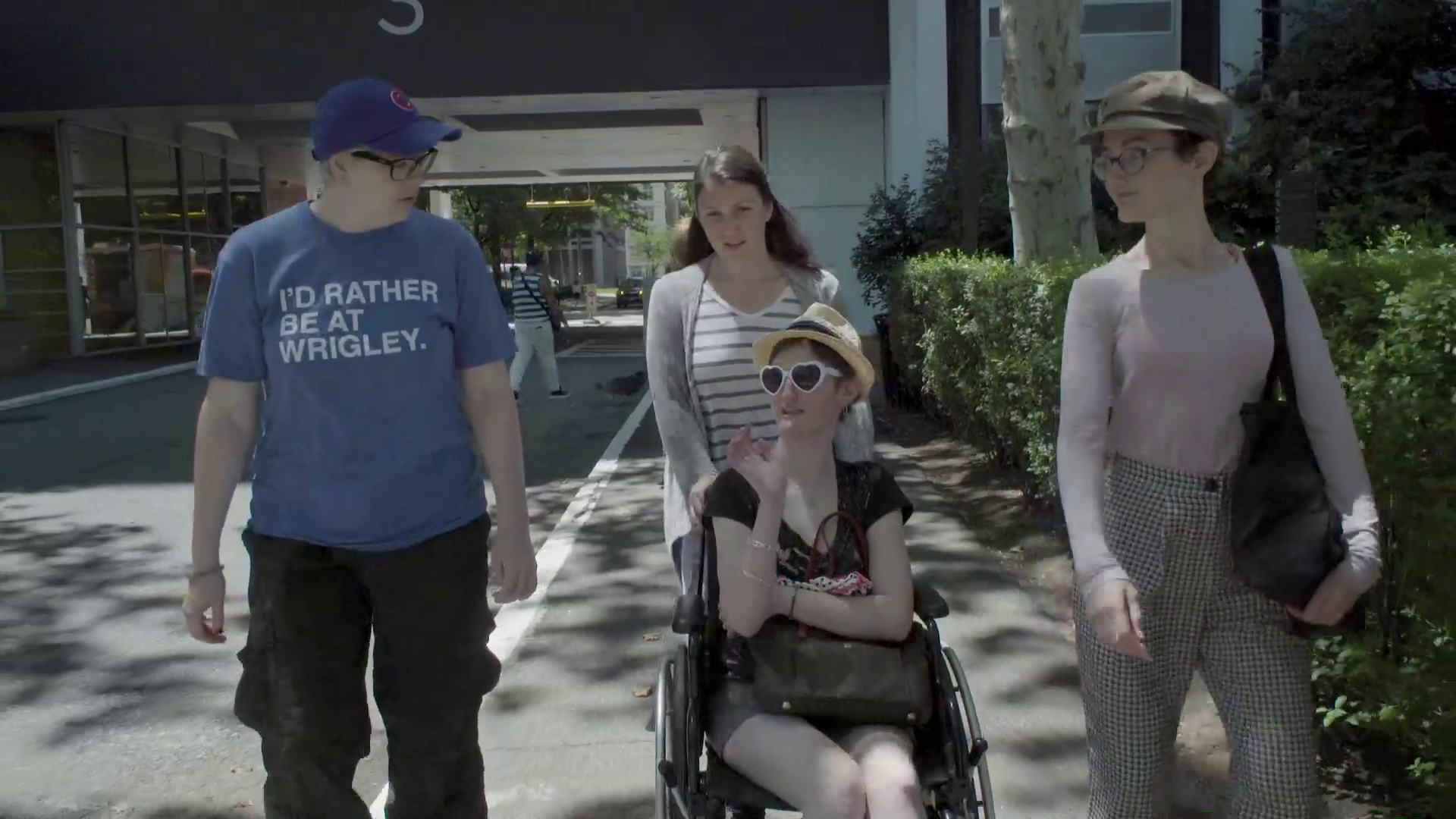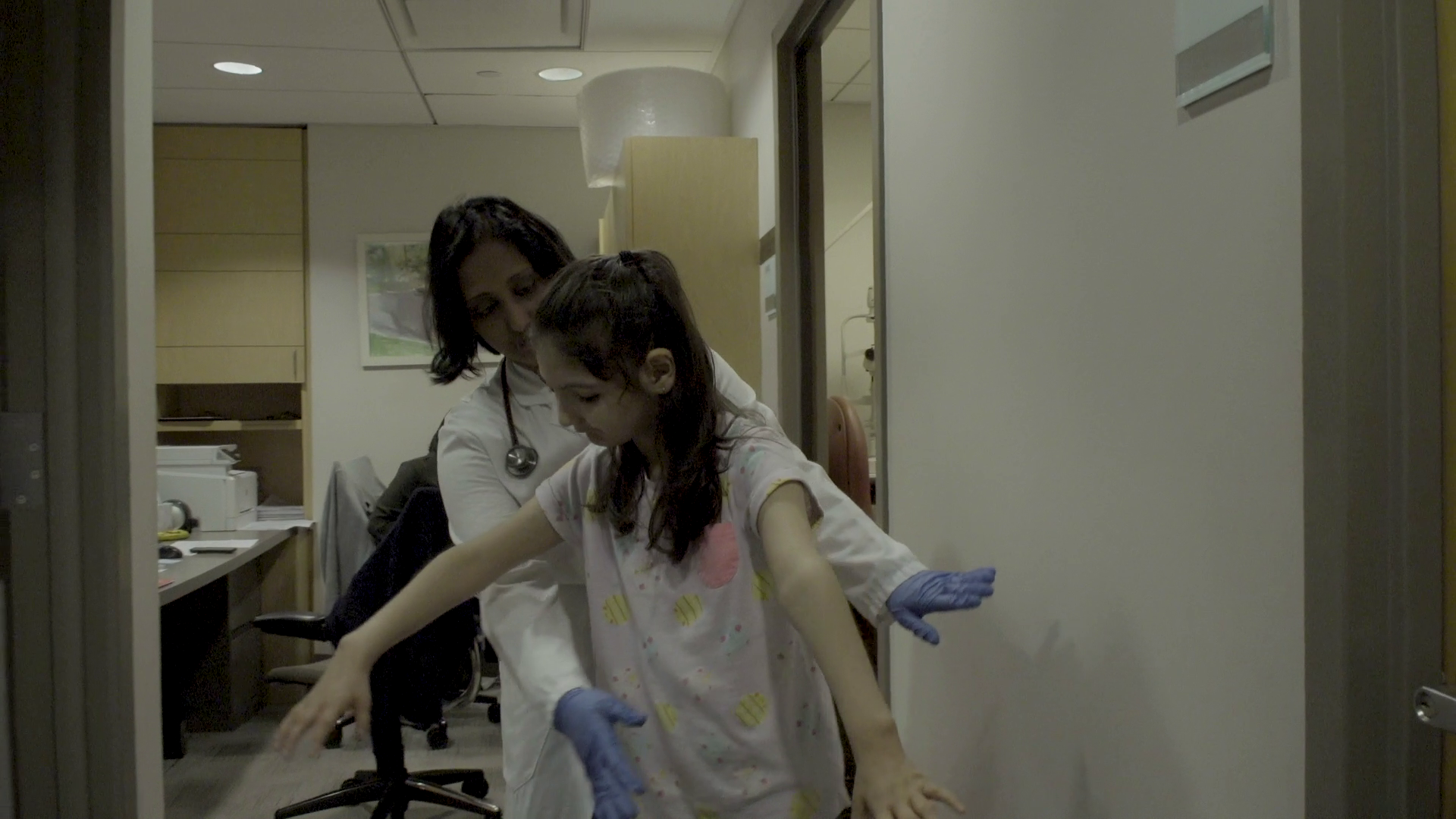Lynne McVeigh
Mega Grants Incubator 2020 Awardee
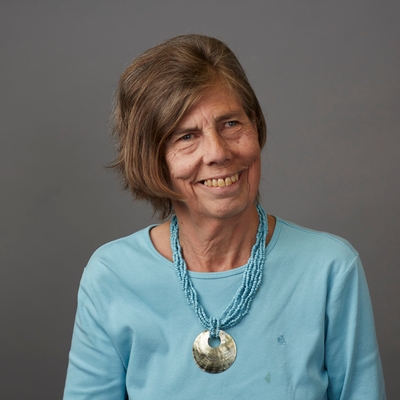
Mega Grants Project
In collaboration with Louise Tiranoff and GeneticaLens
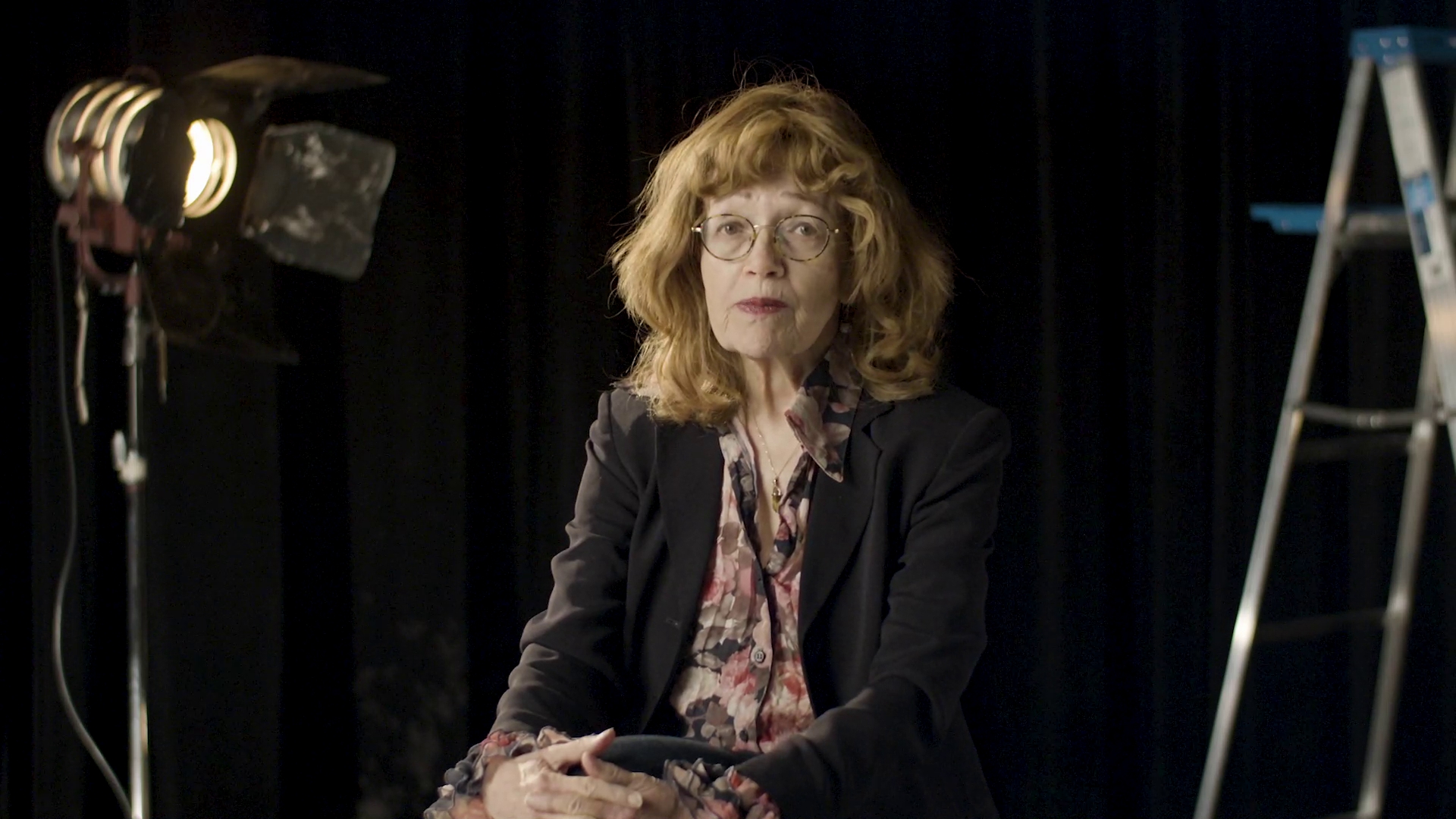
Louise Tiranoff, Founder of GeneticaLens
Video Natural Histories: A Day In The Life
The power of video to inform research, develop and test hypotheses, and teach is becoming increasingly clear. For the last two decades, GeneticaLens has been harnessing this power to develop video resources and tools to support research and treatment for rare disorders. The Fearless Theater company, which brings young people with and without disabilities together to perform, has also been utilizing video to give individuals with disabilities the chance to explore their feelings and share their stories in a safe environment. Now, GeneticaLens is collaborating with the Fearless Theater Company to bring together media and medical students at NYU to accelerate the process of documenting rare diseases with video.
There are over 7000+ identified rare diseases, and when put together, they affect 25 to 30 million people in the US alone. 95% of these disorders lack an approved drug or therapy. According to the FDA, this “presents a significant unmet public health need.” Additionally, many people struggle just to get a diagnosis. Many doctors lack the experience and resources to identify and treat rare disorders in their patients. And even after getting the diagnosis, people with rare diseases often are isolated from the experts who might be able to help them. These experts might be clustered in one or two hospital centers in cities far from the patient. Research into new medications and therapies faces many obstacles, including the small and spread out rare disease populations, the identification of clinical outcomes measures, and tools to monitor and record patient reported outcomes and quality of life.
This new collaborative program with GeneticaLens and Fearless Theater Company for the Tisch Initiative for Creative Research is a response to these challenges. During this course, teams of students will work with staff at GeneticaLens and partners in rare disease communities and pharmaceutical development to produce detailed video natural histories of people with rare diseases. To create these films, students will follow the protocols outlined by a technology called the SeeSystem. The SeeSystem is a system and set of protocols developed by GeneticaLens that uses video to show the details of the progression and impact of a disorder, and organize these videos into a framework that allows researchers to discover and compare significant symptoms, changes, over time, and the effects of therapies and interventions. Well-characterized visual data with a platform for entering and cataloguing new data can be extremely useful to researchers who are forming hypotheses and determining outcome measures and clinical endpoints.
By the end of the course, students will have created full video natural histories of patients living with a rare disease, and will have gained valuable knowledge and experience about applying documentary film techniques to a practical, research-oriented purpose. Each film created will push forward knowledge and understanding of rare disorders.
